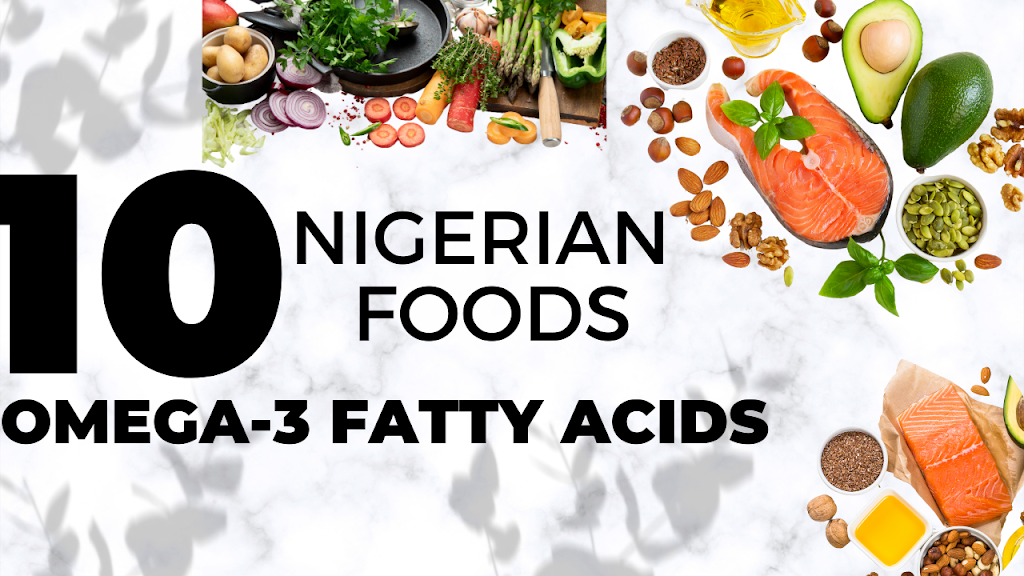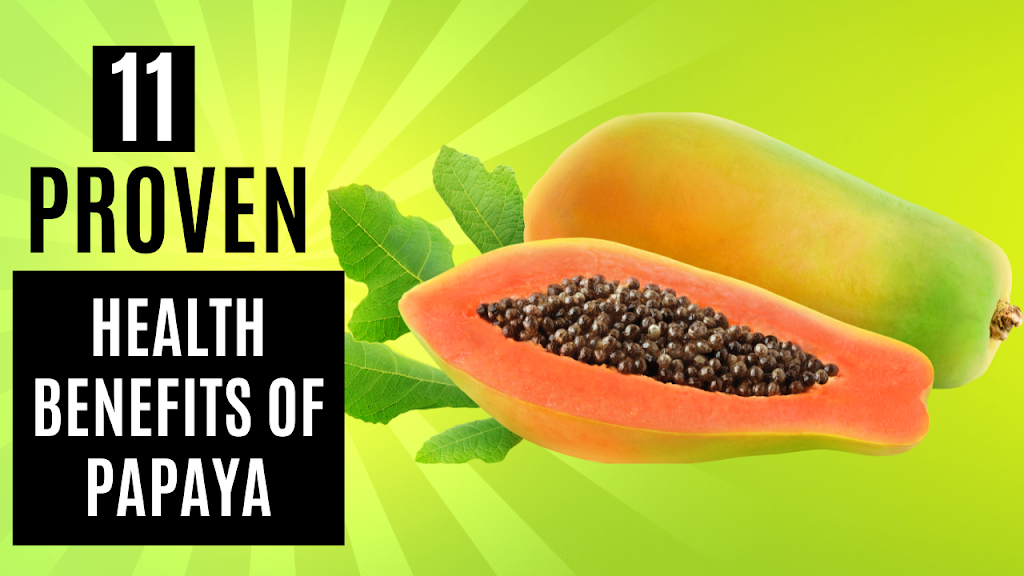 |
| Guava |
The guava is a tropical fruit native to Central and South America, but it’s now grown in many other parts of the world, including the Philippines, India, and Florida. Guavas are a good source of vitamins C and A, as well as fiber, potassium, and folate. They’re also low in calories and fat
Key takeaways:
What Is
Guava?
is a type of fruit that is native to tropical regions like Central and South
America, Mexico, and the Caribbean. Also known as Psidium
guajava, the guava’s scientific name, this tropical fruit is
also loaded with important nutrients.
have been dubbed the “ultimate superfood”
and are widely considered one of the top antioxidant foods, supplying loads of
vitamin C and lycopene in each serving.
The
guava taste can range from very sweet to sour, depending on how ripe the fruit
is, and there are tons of different options for how to eat guava. Aside from
being a great snack when eaten raw, ingredients like guava paste can also be used
in cooking and baking.
Its
leaves, seeds, and skin can also be eaten or used medicinally. One of the most
common methods for how to use guava leaves involves steeping them in boiling
water to make a soothing and delicious cup of tea.
tree is gregarious and tends to grow easily and freely, often overgrowing
pastures and fields. In countries where it is produced, it tends to be
inexpensive due to its widespread availability.
Nutritional Value of Guava
Guava is a
nutritional powerhouse, full of vitamins, minerals, antioxidants, polyphenols,
and flavonoids. One hundred grams of guava can fulfill 14% of your daily fiber
requirement without adding to your calorie load.
Most Americans consume less than
50% of the recommended 25–38 g of fiber per day. Guava is a good source of
vitamins A and C, copper, folate, iron, B vitamins, potassium, zinc,
phosphorus, and antioxidants such as beta carotene and lycopene.
Nutrition Facts of Guava (per 100 grams)
Macronutrients
- Calories: 68
- Fat: 0.6 grams
- Fiber: 4.2 grams
- Sugars: 9.5 grams
- Vitamin C: 228.3 milligrams (376% DV)
- Vitamin A: 53 micrograms (6% DV)
- Manganese: 0.24 milligrams (10% DV)
- Folate: 36 micrograms (9% DV)
- Potassium: 202 milligrams (4% DV)
- Copper: 0.07 milligrams (3% DV)
- Vitamin E: 0.6 milligrams (3% DV)
- Vitamin B6: 0.06 milligrams (3% DV)
- Magnesium: 21 milligrams (2% DV)
- Phosphorus: 31 milligrams (2% DV)
DV: Daily Value (based on a 2,000-calorie diet)
Additionally:
Guavas have a low glycemic index (GI) of 12-24, meaning they don’t raise blood sugar levels significantly.
They are a good source of antioxidants, including phenolics and flavonoids.
Guava seeds are edible and contain a good amount of fiber.
ALSO READ: 11 Proven Health Benefits of Egusi Seeds, Nutritional Value and Side Effect
Here are 10 of the most amazing Health Benefits of Guava
Below are list of amazing health benefits of Guava you didn’t know
1.
Boosts the immune system
Guavas
are one of the best fruits you can eat for your immune system. They’re packed
with vitamin C, which helps white blood cells fight off infection. One guava
contains more than four times the recommended daily intake of vitamin C!
2.
Protects against cancer
Guavas
are a good source of antioxidants, which can help protect cells from damage
that can lead to cancer. Studies have shown that guava extract may be effective
in killing cancer cells.
3.
Manages blood sugar levels
Guavas
have a low glycemic index, which means they don’t cause spikes in blood sugar
levels. This makes them a good choice for people with diabetes or prediabetes.
4.
Keeps your heart healthy
Guavas
are a good source of fiber and potassium, both of which are important for heart
health. Fiber helps lower cholesterol levels, while potassium helps regulate
blood pressure.
5.
Aids in digestion
Guavas
are a good source of dietary fiber, which helps keep your digestive system
healthy and regular. They may also help relieve constipation.
6.
Improves vision
Guavas
are a good source of vitamin A, which is important for healthy vision. They may
also help prevent cataracts and macular degeneration.
7.
Promotes healthy skin
The
vitamin C and antioxidants in guavas can help protect your skin from damage
caused by the sun and pollution. They may also help reduce wrinkles and age
spots.
8.
Relieves stress
Guavas
contain folate, which is a B vitamin that helps reduce stress and anxiety. They
may also help improve sleep quality.
9.
Benefits pregnant women
Guavas
are a good source of folate, which is important for preventing birth defects.
They’re also a good source of vitamin C, which is important for the development
of a baby’s brain and nervous system.
10.
Delicious and versatile
Guavas
can be eaten fresh, juiced, or used in jams, jellies, and desserts. They’re
also a good source of vitamin C, which helps white blood cells fight off
infection. One guava contains more than four times the recommended daily intake
of vitamin C!
In
addition to the benefits listed above, guavas are also a good source of
manganese, copper, and phosphorus. They’re a healthy and delicious snack that
can be enjoyed by people of all ages.
So
next time you’re at the grocery store, be sure to pick up some guavas. Your
body will thank you for it!
Here are some tips for choosing and storing guavas:
- Choose guavas that are firm and have a slightly sweet smell.
- Avoid guavas that are bruised or have soft spots.
- Guavas can be stored at room temperature for up to 3 days, or in the refrigerator for up to 5 days.
- Guava leaves can also be used to make tea, which has many health benefits.
- Guava seeds are edible and can be roasted or ground into flour.
- Guavas can be used in a variety of recipes, such as smoothies, salads, and desserts.
Allergies
While there are reports of allergic reactions to other tropical
fruits like mango, there are very limited reports of guava allergy in the
published medical literature. In the one published account, it is not clear
that guava was the cause of a potential reaction.
If you suspect an allergy to guava or experience a reaction
after eating the fruit, seek the advice of your healthcare provider.
Conclusion
Disclaimer:
I
am not a medical professional. The information in this blog post is for
educational purposes only and should not be construed as medical advice. Please
consult with your doctor before changing your diet or lifestyle.
ALSO READ
- 20 Delicious and Healthy Hausa Foods You Should Try Today
- 8 Exciting Health Benefits of Alligator Pepper for Men and Women
- 10 Proven Nigerian Foods That Can Boost Blood Count
- 16 Amazing Health Benefits of Watermelon, Nutrition Facts and Side Effects
- 13 Amazing Health Benefits Of Coconut Water (Must Read)
- Proven Health Benefits of Ukazi Leaf You Should Know
- What are Peas, Health Benefits of Peas, Nutritional Value, and Side Effect
- Promising Health Benefits of Kolanut
- 20 Incredible Health Benefits Of Bananas You Need To Know
- 10 Hidden Benefits of Carrots You Should Know
- Amazing Health Benefits Red Palm Oil You Should Know




